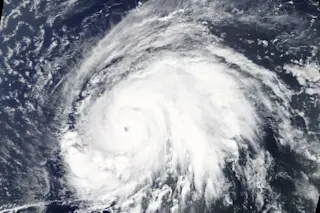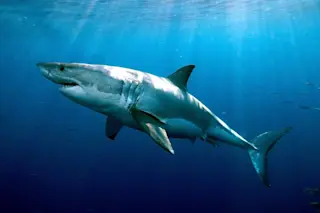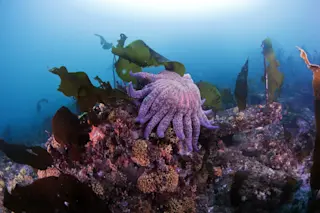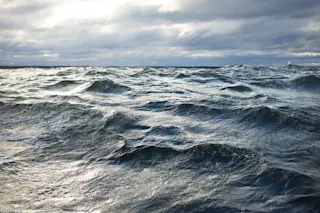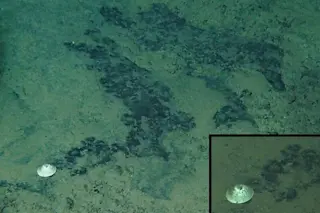Five patent applications for technology that aims to control the weather bear the signature of a man who knows how to think big: Microsoft founder Bill Gates. The applications made public by the U.S. Patent Office last week describe floating devices that could reduce the strength of hurricanes by drawing warm water from the ocean's surface and channeling it down to the depths through a long tube. A second tube would reverse the process and bring deep, cold water up to the surface.
The applications were filed by an entity called Searete, which is part of the company Intellectual Ventures that was founded by former Microsoft executives as an "invention business;" Bill Gates is an investor in the company. Gates is listed as one of the inventors on each hurricane-quelling patent application, along with scientists like the geoengineering expert Ken Caldeira.
One of the patent applications describes how part or ...


